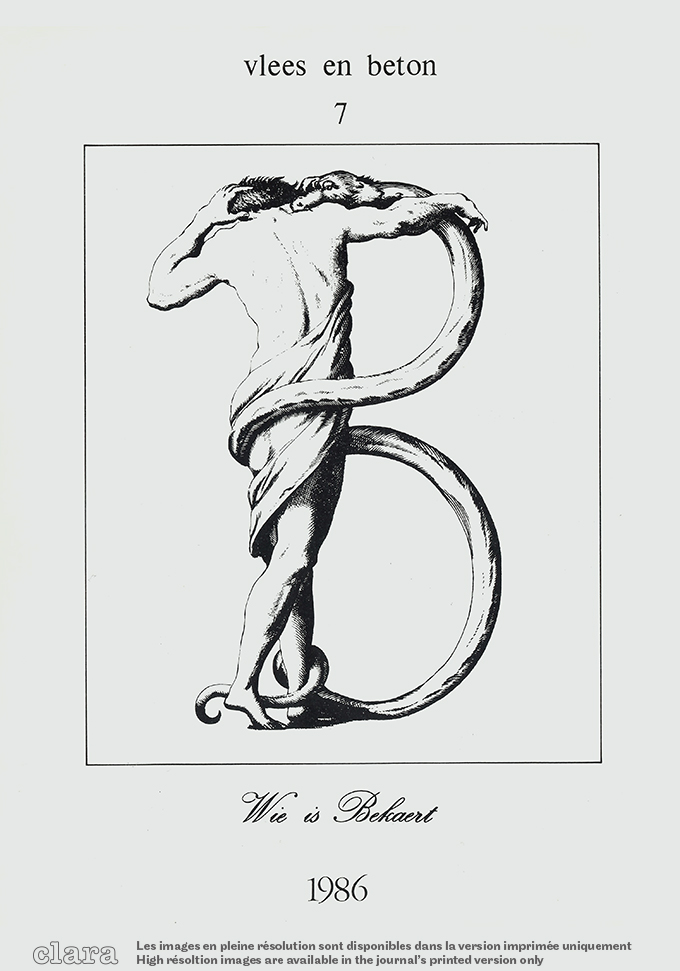The Challenge of the Poetic: Criticism in Search of the Real. With a Debt to bOb Van Reeth, 1975–1985
Main Article Content
Abstract
As the 1970s witnessed a growing concern for social issues, which were not addressed by most of post-war modernist projects, architects and intellectuals proposed various approaches to claiming a social engagement in architecture. As these attempts to connect with a social agenda often put the notion of architecture’s autonomy under strain, likewise pleas for a more engaged public debate seemed to question the autonomy of architectural discourse. This paper discusses one particular trajectory in the history of architectural criticism that aimed to resist such an opposition and defended the public merit of an autonomous notion of architecture. It does so by pointing to and interpreting the consequences of an argumentative shift subtending the self-understanding of criticism in Flanders, roughly from the mid-1970s to the mid-1980s. This shift involves the postulate of “the real” as a wilfully and strategically used category and revolved around the understanding that the essence of architecture is inexpressible in language.
On the basis of such understanding, “the poetic” then became a model to deal with these limits of language and was presented as the challenge for both architecture and architectural criticism. As this shift is more a shared understanding than an individual affair, this paper focuses on the symbiotic relation of architect bOb Van Reeth (born 1943) and critics Geert Bekaert (1928–2016) and Mil De Kooning (born 1955) to trace the genesis of this postulated category, rather than delimiting the scope by discussing a single critic or journal.
Article Details

This work is licensed under a Creative Commons Attribution-NonCommercial-NoDerivatives 4.0 International License.

